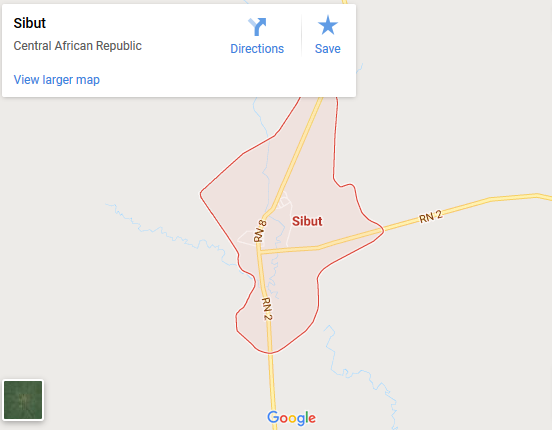The head of a Syrian research facility that Western countries say was part of a chemical weapons programme was killed when his car was blown up, the pro-Syrian government newspaper
al-Watan said on Sunday.
Aziz Asber was the director of the Syrian Scientific Research Centre in Masyaf, near the city of Hama, which Western governments say was a covert Syrian government installation.
“(Asber) died after an explosion targeted his car in the Hama countryside,”
al-Watan said in an online report.
The explosion occurred on Saturday night, the Syrian Observatory for Human Rights war monitoring group said. Who or what caused it is not known.
The Masyaf facility has previously been hit by what the Syrian government said were Israeli strikes in July and last year in September.
In April, missile strikes by the United States, Britain and France destroyed a Syrian Scientific Research Centre facility in Damascus, in response to a suspected poison gas attack.
The Syrian government, backed by Russia, has denied using – or possessing – chemical weapons.
An Israeli government official declined to comment on reports of Asber’s death when asked by Reuters.
Israeli Construction Minister Yoav Gallant, a member of Netanyahu’s security cabinet, speaking to Israel’s
Ynet TV said: “There is a war raging in Syria. A lot of sides are involved. There are a lot of interests … I read about him in the newspaper. He does not sound like a positive guy, to me.”
A Tunisian detained in Germany on suspicion of planning a terror attack produced ricin and tested the lethal toxin on a hamster, prosecutors said on Friday.
The 29-year-old man, who was arrested in June, is suspected of building a “biological weapon” with ricin, a poison found in castor beans, the Federal Prosecutor’s Office said in a statement.
The man, named only as Sief Allah H. in line with German legal practice, bought the hamster with his wife at a pet shop in the western city of Cologne, it said, without revealing the rodent’s fate.
Investigators seized 3,150 grains of ricin – all ordered via the Internet – during a search of the suspect’s home in Cologne in June, along with 84.3 mg of prepared ricin.
Prosecutors have said they believe the suspect had considered building an explosive device, but no target or timetable had been set.
The suspect and his wife, identified only as Yasmin, had wanted to move to Islamic State-controlled areas of Syria, the prosecutor’s office said. She is accused of helping her husband to prepare an attack.
Sief Allah H. twice tried to enter Syria via Turkey in 2017 but both attempts failed, prosecutors said, adding that he then set up contact with Islamic State agents who instructed him to carry out an attack against “infidels”.
In May 2018 he received instructions from individuals abroad via an online messaging service on how to prepare a bomb. He then ordered 250 metal balls from an online supplier, wanting to use them as shrapnel in a bomb.
Prosecutors also accuse Sief Allah H. of seeking to become a member of the Islamic State and of swearing allegiance to its leaders.
Venezuela: Resistance or disintegration?
on_strike_usaexpat Today at 1:35 AM #172
Tensions high as Patriot Prayer & Antifa protestors stage rival rallies in Portland
5 Aug, 2018 08:28
Tweets Galore


